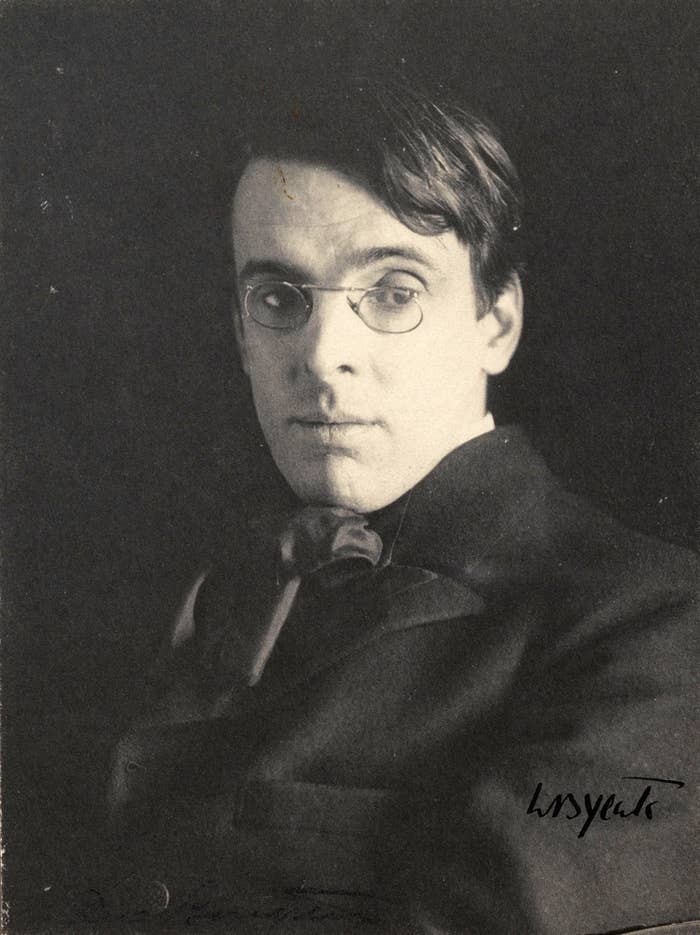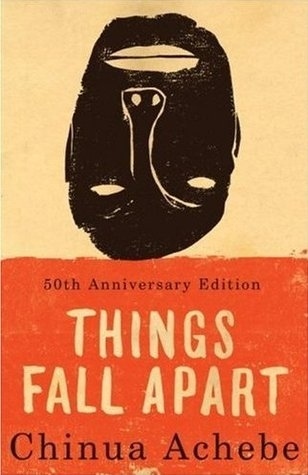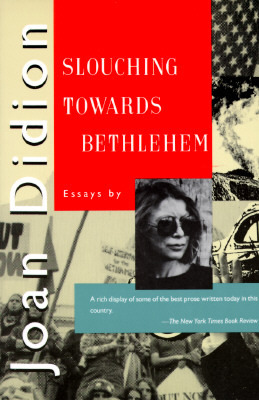
There are only so many artists who are able to leave their mark so indelibly on the world that it ripples through the pop culture of generations. Only figures with the lasting power of Andy Warhol get tote bags and punny band names for the rest of time. But regardless of how cheap the reference, it remains a testament to an artist’s life and through it, however mangled or maligned, their work endures. William Butler Yeats, the famed Irish poet, is one of these artists.
The first time I committed to reading his work, all of it felt familiar. Yeats was a fantastic writer, and for generations, people have been using his lines as book titles and quoting him in movies and TV shows. Even a line like “A terrible beauty is born” from the poem “Easter, 1916” was somehow laced into the back of my brain, like a earworm melody that lies dormant in your mind, planted by school dances or supermarket shopping trips. You don’t choose it, but it’s part of you.
So whether you like Yeats, love him or could do without him, here’s a short timeline of the poet’s pop culture permeation to celebrate Saint Patrick’s Day. It’s a little nod to a man who left a mark on generations, and much of it will be vaguely reminiscent, sort of like the morning after:

1953: Ray Bradbury’s The Golden Apples of the Sun
Bradbury might have been the only science fiction writer to title an entire story collection after a Yeats poem. He borrowed the title from a line from “The Song of Wandering Aengus” and even quotes it in the title story of the collection, crediting Yeats while grouping him with the likes of Shakespeare:
"When you travel on down toward the sun," replied the captain, "and everything gets yellow and warm and lazy, then you're going in one direction only." He shut his eyes and thought about the smoldering, warm, faraway land, his breath moving gently in his mouth. "South." He nodded slowly to himself. "South."
Their rocket was the Copa de Oro, also named the Prometheus and the Icarus and their destination in all reality was the blazing noonday sun. In high good spirits they had packed along two thousand sour lemonades and a thousand white-capped beers for this journey to the wide Sahara. And now as the sun boiled up at them they remembered a score of verses and quotations:
'"The golden apples of the sun'?"
"Yeats."
"'Fear no more the heat of the sun'?"
"Shakespeare, of course!"
"Cup of Gold?’ Steinbeck. 'The Crock of Gold'? Stephens. And what about the pot of gold at the rainbow's end? There's a name for our trajectory, by God. Rainbow!”

1958: Chinua Achebe’s Things Fall Apart
The title of Achebe’s famous first novel comes from a line in Yeats’s “The Second Coming,” which is, well, about an apocalypse of sorts. The greatest factoid about this cultural influence? Achebe told The Paris Review that he simply loved the line and named his book after it before he knew what Yeats meant, saying:
… I liked Yeats! That wild Irishman. I really loved his love of language, his flow. His chaotic ideas seemed to me just the right thing for a poet. Passion! He was always on the right side. He may be wrongheaded, but his heart was always on the right side. He wrote beautiful poetry. ... I used to make up lines with anything that came into my head, anything that sounded interesting. So Yeats was that kind of person for me. It was only later I discovered his theory of circles or cycles of civilization. I wasn’t thinking of that at all when it came time to find a title. That phrase “things fall apart” seemed to me just right and appropriate.

1968: Joan Didion’s Slouching Towards Bethlehem
Even these days, people have all sorts of utopian ideals about sunny California, the flower children of 1960s counterculture and the enchanted city of New York. Didion’s famous essay collection serves readers an honest, grim view of the realities of her time and the realities of these subjects. Even Didion prefaces the collection with a nod to the staying power of Yeats’ “The Second Coming”:
... for several years now certain lines from the Yeats poem which appears two pages back have reverberated in my inner ear as if they were surgically implanted there. The widening gyre, the falcon which does not hear the falconer, the gaze blank and pitiless as the sun; those have been my points of reference, the only images against which much of what I was seeing and hearing and thinking seemed to make any pattern.

